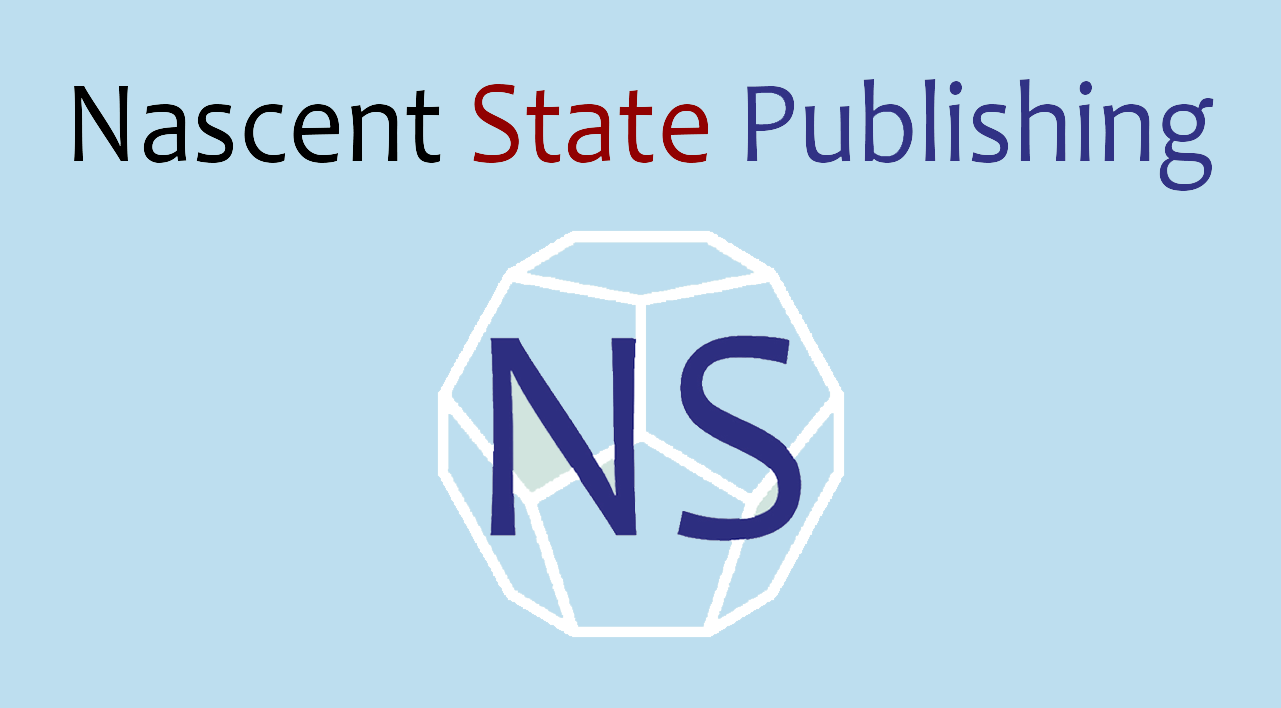
Japanese woodblock prints of the Edo period (1603 – 1868) did not portray shadows. This is because the artists did not regard shadows as real and saw no reason to depict them.
A paradigm is a shared way of looking at the world. We live in an age dominated by logic, and the principles of logic inform everything we do, from politics to religion, to education, science, philosophy, morality, and even to the media. It is for this reason that any statement, idea, or action must be judged and labelled as either correct or incorrect. This is logic.
It is owing to the dominance of logic that intuition is regarded as little more than a refined instinct. Being regarded as such, it is assumed we can do nothing about our intuition. But of course, we can.
Logic became dominant in Western culture owing to the Church, which adopted it as the means to attack the heresies. It is telling that the word ‘heretic’ means ‘one who chooses’. The twelfth century Alain de Lille, who wrote Contra Haereticos (Against the Heretics), had the following to say about them:
‘The perfect freedom with which they were endowed meant repudiation of all formal religious institutions and law. No hierarchy was needed.’
From the point of view of logic, something is either right or wrong. Intuitively however we can know that something can be mostly right but wrong in parts, or even wrong but understandable. Logical judgement is black and white; intuitive judgement is conditional. It is owing to history that are taught to think logically at school, but not to think intuitively.
Just as we can become better at mathematics, language, music, or art through practice, we can become better at applying intuitive judgement through practice and understanding. If we don’t attend to our intuition, we will still use it, but we may mistake it for raw emotion or self-certainty. We ignore our intuition at our own cost.
I am in the process of setting up Intuition Workshops here in Bath. For those who are interested in a fuller understanding of the inner life than conventional logic will allow, the workshops may be of interest. The link below provides more information:
(artwork by Utagawa Hiroshige)
